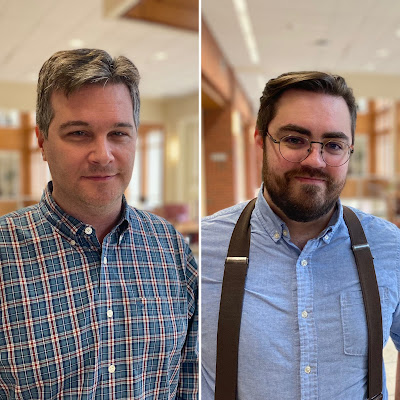Pure Intentions

Published March 11, 2010
Dionne Buxton/The Daily
Give a Bolivian family a pack of water — $5. Clean their entire irrigation system from 800 years of silver contamination — priceless.
The OU Engineers Without Borders chapter is planning a trip to Potosi, Bolivia, to help improve the region’s water system, said Robert Knox, adviser to the organization.
“Engineers Without Borders is a nationwide organization,” Knox said. “Our purpose is to take knowledge to these under-developed counties, and help with problems of water and sanitation.”
Engineers Without Borders is an organization that partners with disadvantaged communities to improve quality of life, while at the same time developing internationally responsible engineering students.
“We apply engineering skills first hand to innovative projects,” said Diana Lucero, architectural engineering junior and organization president.
The group will travel to Bolivia to install open limestone channels, which will remove iron and aluminum from the system. Engineers create a natural filtration system by adding particles of limestone to an existing flow of water. Limestone channels have been successfully applied in the United States, and the engineers hope to bring this low-cost and low-impact solution to Potosi.
“Previous attempts by the Bolivian citizens to clean the water have failed because they are one of the poorest places in the world,” said Christopher Breazile, civil engineering junior. “We have studied their water, and we believe this will work.”
Potosi’s water is particularly difficult because of the presence of silver mining in the area going back to the Incas in the 1400s. The city was a major center for Spanish silver mining during the Colonial Era. The seepage from the mines into the water supply has been blamed as the cause of malnutrition, anemia and high rates of infant mortality in the area.
“Our goal is to help the community improve water quality in Rio Juckucha (the area’s water source), restoring it as a useful water resource safe for agricultural applications,” Lucero said.
This project started because an OU doctoral student went to Bolivia to do research. While he was there he realized the magnitude of the water contamination problem that was caused by the mine discharge. When he got back to the U.S he got in touch with Engineers Without Borders.
Lucero said the proposed plan involves three major areas. The OU engineering students are taking the lead on installing the limestone channels, while others focus on mine discharge treatment for working and abandoned mines.
The OU chapter of Engineers Without Borders participates in many activities throughout the year. Its most recent project was in Guatemala, where members spent winter break building a school for an impoverished community. The organization also will spend its spring break in New Orleans working on the ongoing process of recovering after Hurricane Katrina.
“EWB’s mission statement is to partner with disadvantaged communities and that is not limited to developing countries,” Lucero said.
The group is currently taking donations for the travel cost to Bolivia. The Oklahoma Rotary has funded $74,000, the cost of the materials needed to complete this project. The organization has also hosted fundraisers like a stuffed-potato bar earlier this month. (Potatoes were originally domesticated by the native people of Peru.)
“The Students of OU can really help by raising awareness of the water problems in other countries,” Breazile said.


